Introduction
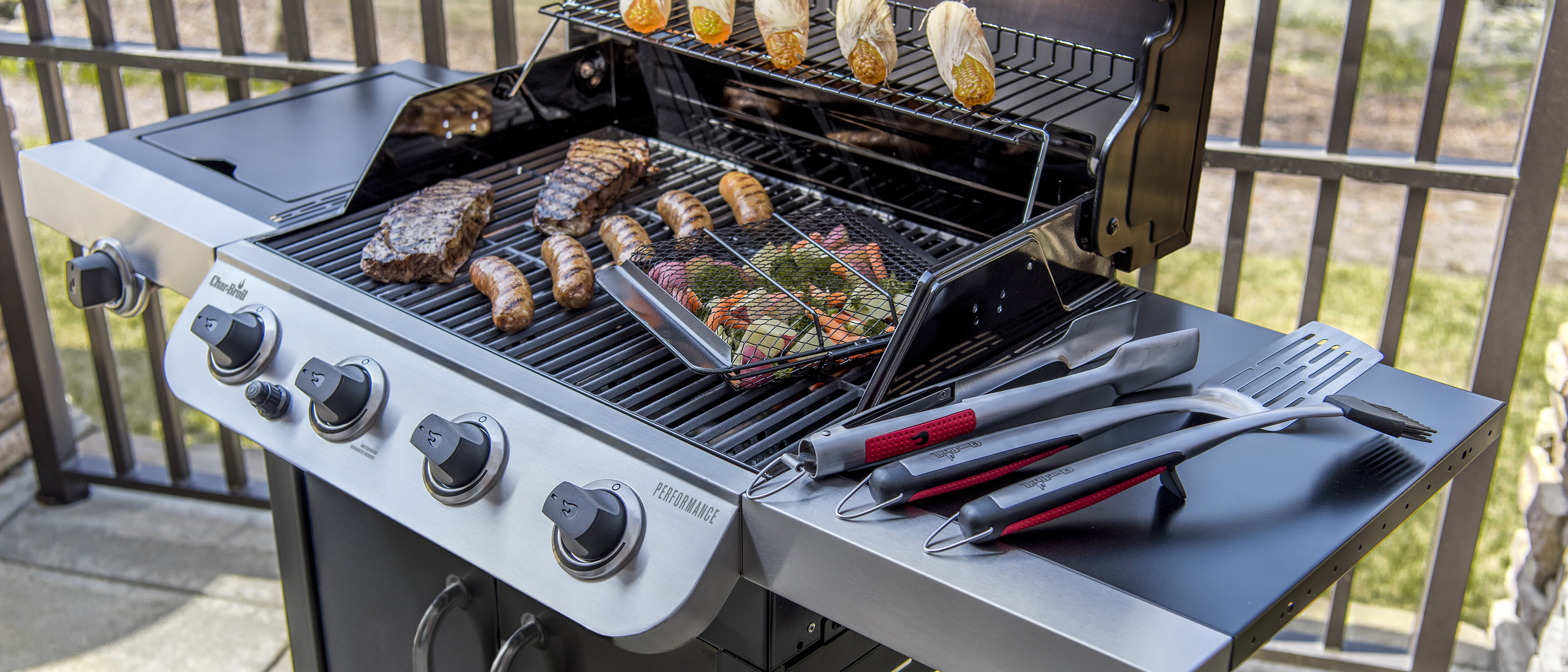
When it comes to outdoor grilling, choosing the right fuel can make all the difference. In this article, we will explore the pros and cons of two popular grill fuel options: natural gas and propane. By understanding the similarities and differences between these two fuels, you can make an informed decision on which one is best suited for your grilling needs. So, let’s dive in and explore the world of natural gas grills versus propane grills.
Overview Of Natural Gas Grill And Propane Grills
Natural gas grills and propane grills are two popular options for outdoor grilling. Natural gas grills are connected to a natural gas line, providing a convenient and continuous fuel supply. They are cost-effective and have minimal environmental impact. On the other hand, propane grills use propane cylinders, offering portability and flexibility. They are quick and easy to set up. However, refilling propane tanks and considering the cost can be a disadvantage. It’s important to consider these factors when choosing between natural gas and propane grills.
Factors To Consider When Choosing A Grill Fuel
When choosing a grill fuel, there are several factors to consider. First, consider the availability of natural gas or propane in your area. If you have access to a natural gas line, a natural gas grill may be a convenient option. However, if you require portability and flexibility, a propane grill with refillable cylinders might be more suitable. Additionally, consider the cost and environmental impacts of each fuel source. Evaluate your needs and preferences to make an informed decision.
Natural Gas Grill
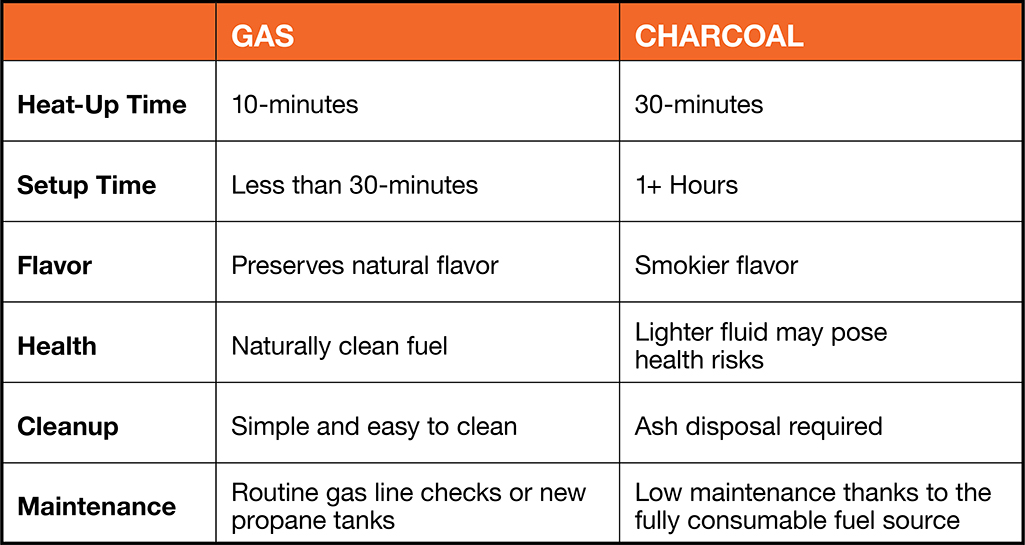
A natural gas grill is a popular choice for outdoor cooking enthusiasts. It offers several advantages, such as convenience and continuous fuel supply. With a natural gas line connection, there is no need to worry about running out of fuel or refilling tanks. Additionally, natural gas is often more cost-effective in the long run compared to propane. However, installation may require a professional, and the grill will need to stay in one location due to the fixed gas line connection.
Advantages Of Using A Natural Gas Grill
Using a natural gas grill offers several advantages. Firstly, it provides convenience and a continuous fuel supply. With a natural gas line connection, there is no need to worry about running out of fuel or refilling tanks. Additionally, natural gas grills are often more cost-effective in the long run compared to propane. Furthermore, using natural gas as a fuel option has positive environmental impacts, as it produces fewer emissions compared to other fuels.
Convenience And Continuous Fuel Supply
Using a natural gas grill offers the advantage of convenience and a continuous fuel supply. With a natural gas line connection, there is no need to worry about running out of fuel or refilling tanks. This means you can enjoy uninterrupted grilling sessions without any hassle. With a constant source of fuel, you can be confident that you’ll always have the power to grill whenever you want.
Cost-effectiveness And Environmental Impacts
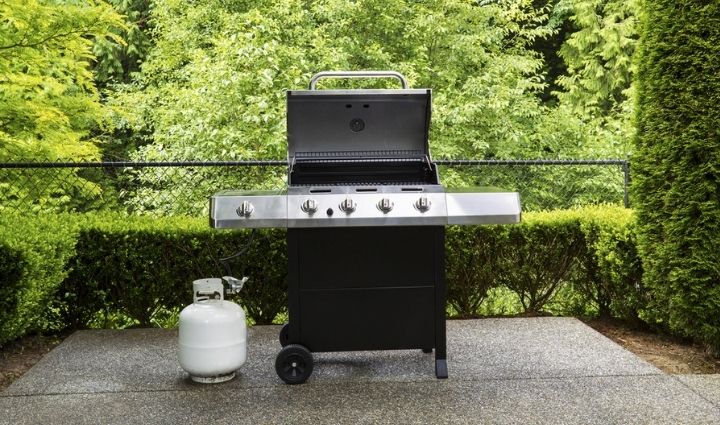
When considering the cost-effectiveness of using a natural gas grill or a propane grill, it is important to factor in both the initial costs and the long-term expenses. While propane may be more expensive per unit, propane grills tend to be more efficient, potentially resulting in lower overall fuel consumption and cost in the long run.
In terms of environmental impacts, natural gas is considered a cleaner-burning fuel compared to propane. Natural gas produces fewer greenhouse gas emissions and pollutants, contributing to a smaller carbon footprint. This makes natural gas a more environmentally friendly choice for grilling.
Therefore, when evaluating cost-effectiveness and environmental impacts, it is clear that natural gas grills have an advantage over propane grills.
Natural Gas Grill
A natural gas grill is a popular choice for outdoor cooking enthusiasts. It offers a range of advantages, including the convenience of a continuous fuel supply and cost-effectiveness in the long run. Natural gas grills produce fewer emissions and pollutants, making them an environmentally friendly option. However, installation and mobility limitations can be a downside. It is essential to consider these factors before choosing a natural gas grill for your grilling needs.
Disadvantages Of Using A Natural Gas Grill
Using a natural gas grill also has its disadvantages. First, installation and mobility limitations can be a drawback. Natural gas grills require a gas line to be installed, which often requires the services of a professional and can be expensive. Additionally, once installed, the grill needs to stay in a fixed location. This lack of portability and flexibility can be a downside for those who prefer to move their grill around or take it on camping trips or other outdoor activities.
Installation And Mobility Limitations
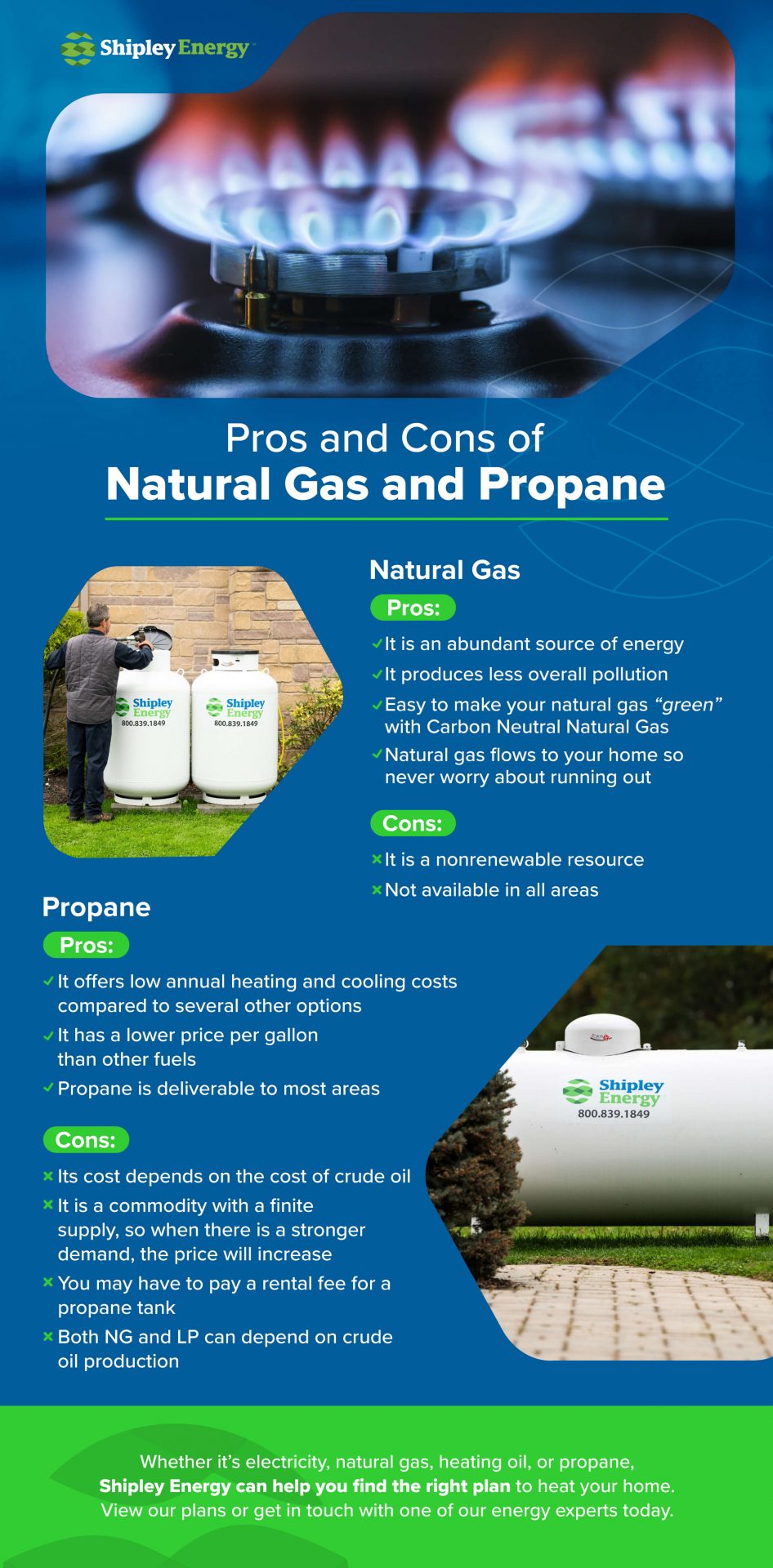
Installation and mobility limitations are significant disadvantages of using a natural gas grill. Installing a natural gas line requires professional assistance and can be costly. Furthermore, once installed, the grill is fixed in one location, reducing its portability. This restricts the flexibility to move the grill around or take it on outdoor activities like camping trips. Therefore, for those who prioritize mobility and versatility, a natural gas grill may not be the most suitable option.
Limited Portability And Flexibility
One of the major disadvantages of using a natural gas grill is its limited portability and flexibility. Once installed, the grill is fixed in one location, making it difficult to move or transport to different areas. This can be inconvenient for those who enjoy grilling outdoors during camping trips or social gatherings. Additionally, the lack of portability limits the flexibility to rearrange or adjust the grill’s position, which may be necessary for optimizing cooking conditions.
Propane Grill
Propane grills offer a range of advantages that make them a popular choice among grill enthusiasts. One key advantage is their portability and flexibility. Propane grills can easily be transported to any location, whether it’s a camping trip or a backyard barbecue. The quick and easy setup makes them convenient to use, allowing for immediate grilling with minimal effort. Additionally, propane grills tend to have a lower upfront cost compared to natural gas grills. However, it’s important to consider the cost of refilling propane tanks and the potential environmental impact of propane emissions.
Advantages Of Using A Propane Grill
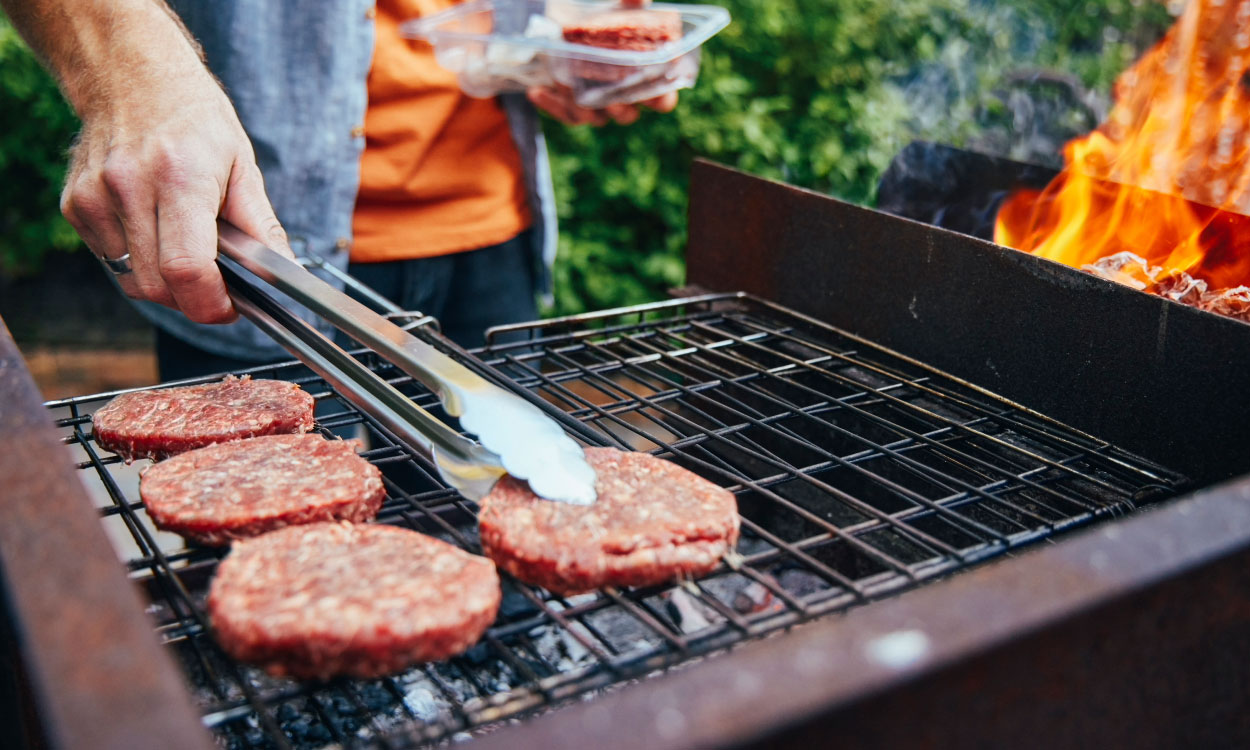
Propane grills offer several advantages that make them a popular choice. Firstly, they provide portability and flexibility, allowing for easy transportation to any location. Secondly, propane grills have a quick and easy setup, allowing for immediate grilling with minimal effort. Additionally, propane grills tend to have a lower upfront cost compared to natural gas grills. However, it’s important to consider the cost of refilling propane tanks and the potential environmental impact of propane emissions.
Portability And Flexibility
Propane grills offer the advantage of portability and flexibility. With a propane tank or cylinder, you can easily take your grill to different locations, whether it’s a camping trip, a tailgate party, or a beach cookout. This mobility allows for more versatile grilling options, making propane grills a popular choice for those who love to grill on the go. The convenience of being able to cook delicious meals wherever you are adds to the appeal of using a propane grill.
Quick And Easy Setup
Propane grills offer the advantage of quick and easy setup. Unlike natural gas grills that require professional installation, propane grills can be easily set up and ready to use in no time. Simply connect the propane tank to the grill, turn on the gas valve, and ignite the burners. This makes propane grills a convenient choice for those who want to start grilling right away without any complicated installation processes.
Propane Grill

The Propane Grill offers several advantages that make it a popular choice for grill enthusiasts. Firstly, its portability and flexibility allow for easy transportation and use in various outdoor locations. Additionally, the quick and easy setup of a propane grill makes it convenient for those who want to start grilling right away without any complicated installation processes. However, it’s important to consider the need for refilling propane tanks and the associated cost considerations. Moreover, propane grills may have a higher environmental impact due to the emissions released during combustion.
Disadvantages Of Using A Propane Grill
- Refilling and Cost Considerations: Propane grills require regular refilling of propane tanks, which can be an inconvenience and an additional cost. Refilling propane tanks can be time-consuming and can interrupt the grilling process if the tank runs out unexpectedly. Moreover, purchasing propane tanks and refilling them can be more expensive in the long run compared to using a natural gas grill that has a continuous fuel supply from a gas line.
- Environmental Impact and Emissions: Propane grills, like any combustion-based appliance, produce emissions during use. Propane combustion releases carbon dioxide, a greenhouse gas that contributes to climate change. While propane emits fewer emissions compared to other fossil fuels, it still has an impact on the environment. Additionally, the process of extracting, refining, and transporting propane can have environmental consequences. Therefore, those concerned about environmental sustainability may prefer alternative grill fuel options.
Refilling And Cost Considerations
Refilling and Cost Considerations: One disadvantage of using a propane grill is the need for regular refilling of propane tanks. This can be an inconvenience and an additional cost. Refilling propane tanks can be time-consuming and may interrupt the grilling process if the tank runs out unexpectedly. Moreover, purchasing propane tanks and refilling them can be more expensive in the long run compared to using a natural gas grill with a continuous fuel supply from a gas line.
Environmental Impact And Emissions
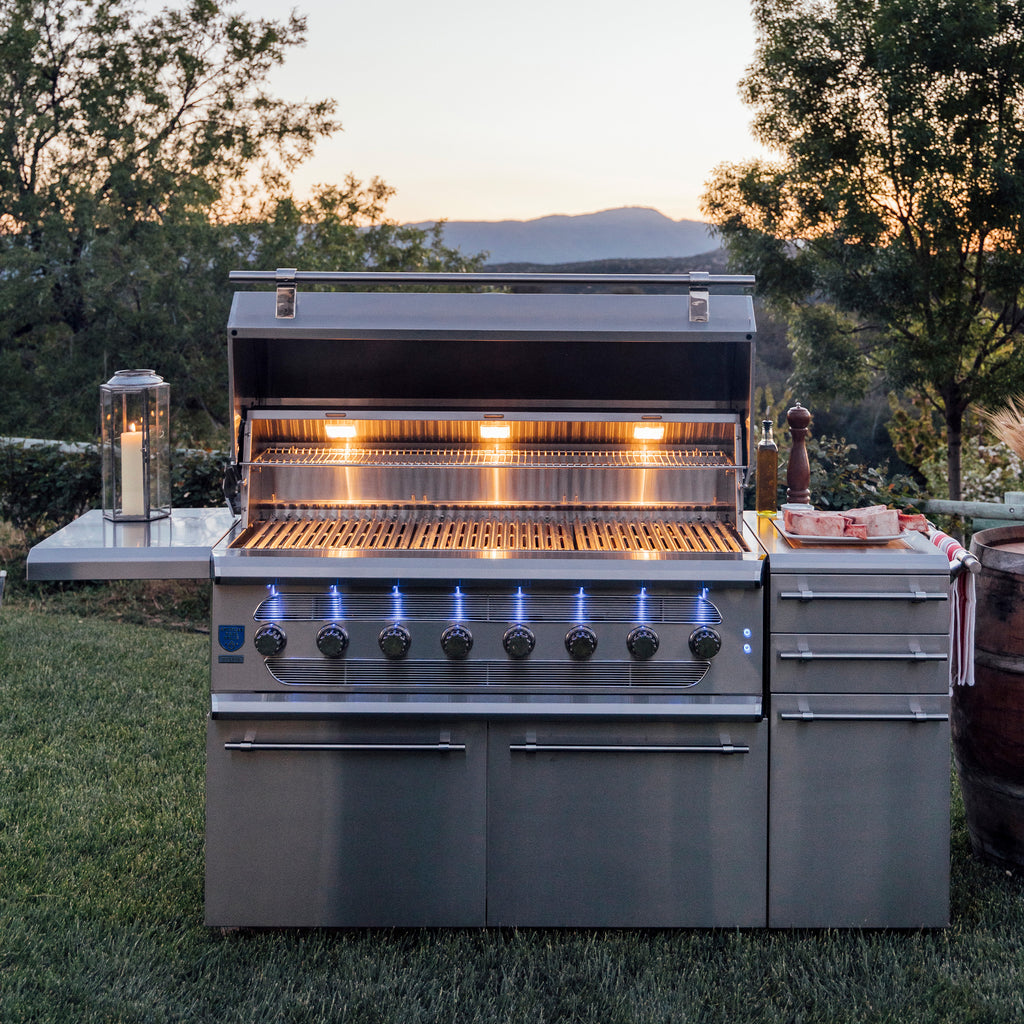
When comparing natural gas and propane grills, it’s important to consider their environmental impact and emissions. Propane grills produce lower levels of greenhouse gas emissions compared to natural gas grills. Propane is a cleaner-burning fuel, resulting in fewer carbon dioxide emissions and air pollutants. It also has a lower carbon footprint. Switching to propane can contribute to reducing overall environmental impact and promoting a more sustainable grilling experience.
Conclusion
In conclusion, when it comes to choosing between a natural gas grill and a propane grill, there are several factors to consider. Natural gas grills offer the convenience of a continuous fuel supply and have lower operating costs. However, they are more stationary and require costly installation. On the other hand, propane grills are more portable and have cheaper upfront costs, but require regular tank refilling. Ultimately, the choice depends on individual preferences, budget, and access to natural gas supply. Consider these factors carefully to make the best decision for your grilling needs.
Comparison Between Natural Gas Grill And Propane Grill
When comparing a natural gas grill and a propane grill, several factors come into play. Natural gas grills offer the advantage of a continuous fuel supply and lower operating costs. However, they require installation and are less portable. Propane grills, on the other hand, are more portable and require easier setup. They do, however, require regular tank refilling. The choice ultimately depends on individual preferences, budget, and access to natural gas supply. Consider these factors carefully to make the best decision for your grilling needs.
Factors To Consider When Choosing The Grill Fuel

When choosing between a natural gas grill and a propane grill, there are several factors to consider. First, assess the availability of natural gas in your area. If it’s easily accessible, a natural gas grill may be a convenient option. However, if natural gas is not readily available, a propane grill might be a better choice. Additionally, consider your mobility needs. If you plan on grilling in different locations, a propane grill’s portability may be more suitable. Lastly, assess your budget and the cost of fuel. Natural gas grills tend to have lower operating costs, while propane grills require regular tank refilling. Ultimately, the decision should be based on personal preferences, practicality, and cost considerations.
Final Thoughts And Recommendations
In conclusion, when choosing between a natural gas grill and a propane grill, it ultimately boils down to personal preferences and practicality. Natural gas grills offer the convenience of continuous fuel supply and cost-effectiveness, while propane grills provide portability and easy setup. Consider factors such as availability of natural gas, mobility needs, and budget. Whichever option you choose, both can deliver delicious grilled meals. Remember to prioritize safety and proper maintenance for optimal grilling experience.
Frequently Asked Questions about Natural Gas Grill vs Propane
1. What is the main difference between a natural gas grill and a propane grill?
The main difference between a natural gas grill and a propane grill lies in their fuel source. A natural gas grill uses a steady supply of natural gas from a permanent line connected to your home, while a propane grill relies on portable propane tanks that need to be refilled or replaced.
2. Which is more convenient, a natural gas grill or a propane grill?
In terms of convenience, a natural gas grill takes the lead. Since it runs on a direct supply of natural gas, you won’t need to worry about refilling or replacing propane tanks. On the other hand, a propane grill requires you to have spare tanks on hand and occasionally visit a store for refills.
3. Are there any installation requirements for a natural gas grill?
Yes, installing a natural gas grill does require some setup. You’ll need to hire a professional to connect the grill to the natural gas line in your home. This process usually involves running a gas line from your house to the grill location, adhering to local safety codes and regulations. It is important to seek professional assistance to ensure a safe installation.
4. Can I convert a propane grill to natural gas or vice versa?
Yes, it is possible to convert a propane grill to natural gas or vice versa. However, it is recommended that you consult the manufacturer’s guidelines or a professional to ensure a proper and safe conversion. Some grills are not compatible with conversion kits, so it’s important to confirm the feasibility before making any changes.
5. Are there any differences in terms of heat output between natural gas and propane grills?
Both natural gas and propane grills provide similar heat output capabilities. The heat produced by the grill depends more on the burner quality and design, rather than the fuel source. So, whether you opt for a natural gas or propane grill, you can achieve the desired grilling temperature.
6. Which option is more cost-effective, natural gas or propane?
In terms of cost, natural gas is generally more cost-effective in the long run. While the initial installation cost for a natural gas grill may be higher due to the professional setup, the ongoing fuel expenses are lower compared to buying propane tanks regularly. Natural gas is usually cheaper per unit of energy compared to propane.
7. What are the environmental considerations when choosing between natural gas and propane grills?
From an environmental standpoint, natural gas is considered cleaner compared to propane. Natural gas is a cleaner-burning fuel with lower carbon emissions, making it a more environmentally friendly choice. Propane, while still an efficient fuel source, produces slightly higher amounts of carbon dioxide when burned.
8. Can I use a natural gas grill in areas where natural gas is not readily available?
Unfortunately, a natural gas grill is not suitable for areas without a direct natural gas supply. If you don’t have access to a natural gas line, propane grills are a flexible alternative that can be used virtually anywhere since they rely on portable propane tanks.
In summary, choosing between a natural gas grill and a propane grill ultimately depends on your individual needs and circumstances. While natural gas grills offer convenience and cost savings in the long run, propane grills provide portability and can be used in areas without a natural gas supply.

From At-Home Dinner Parties to Family Reunions to Office Parties, we can cater your next Event!